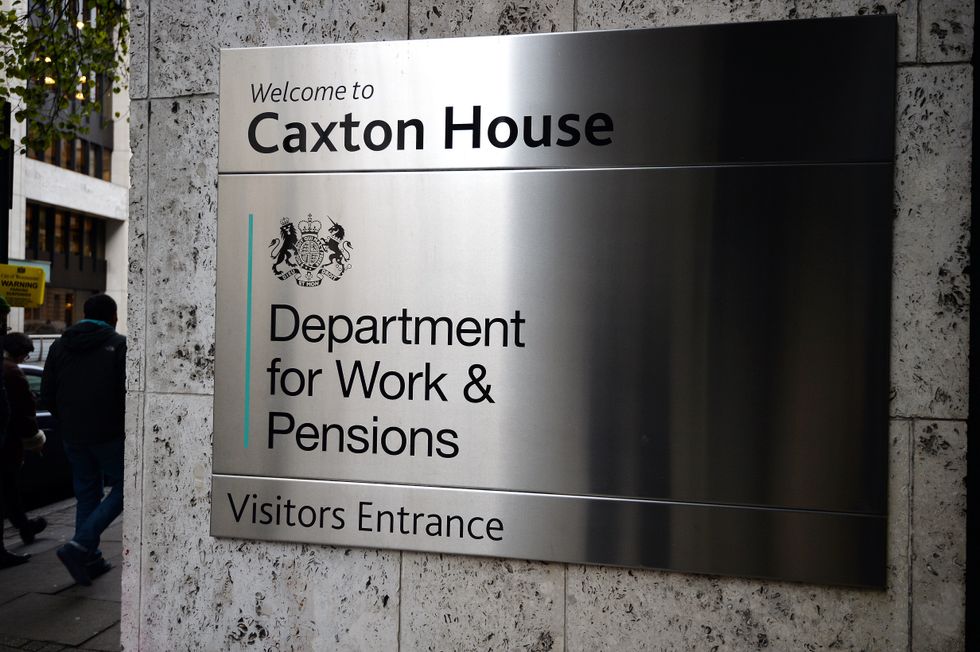Britons could increase state pension by deferring sum – but be aware of tax rule

Deferring the state pension could increase the amount when it is claimed
|PA

State pension age is currently rising, meaning a person may have to wait longer than they previously would have to claim or defer the payment
Don't Miss
Most Read
People could boost their state pension by not claiming the sum when they reach state pension age.
Provided it is deferred for a specified amount of time, the payment due can increase when it is eventually claimed.
The DWP explains that people who want to delay claiming their state pension don’t need to do anything as it will automatically be deferred until the person claims it.
The government website adds: “Deferring your state pension could increase the payments you get when you decide to claim it.”

The DWP explains people who want to delay claiming their state pension don’t need to do anything
|PA
However, it’s important to be aware that any extra payments which are gained via deferrals could be taxed.
This is because the state pension is a form of taxable income, so if the amount exceeds a person’s personal allowance, they will need to pay tax on anything above the threshold. The standard personal allowance is currently £12,570.
People who get certain benefits, including Universal Credit, Carer’s Allowance and Income Support, can’t get an increased state pension by deferring the sum.
Delaying the claim can also affect how much a person gets in benefits.
The government states people must tell the Pension Service if they’re on benefits and want to defer claiming the state pension.
How state pension deferrals work
After claiming the state pension, the extra amount a person gets because they have deferred will usually increase each year based on the Consumer Price Index. It won’t rise annually for some people who live abroad.
Reaching state pension age on or after April 6, 2016
For people who reach state pension age on or after April 6, 2016, the state pension increases each week it is deferred, provided it is deferred for at least nine weeks.
The sum will rise by the equivalent of one per cent for every nine weeks deferred.
This works out at just under 5.8 per cent for every 52 weeks.
The extra amount is then paid with the regular state pension payment once the recipient claims it.
LATEST DEVELOPMENTS:

There are two options for people reaching state pension age before April 6, 2016
|PA
Reaching state pension age before April 6, 2016
People who reached state pension age before April 6, 2016 have got two options in terms of how they take the extra amount – higher weekly payments or a one-off lump sum.
When the deferred state pension is claimed, the person will receive a letter asking which is the preferred option, and they’ll have three months from getting the letter to decide.
Higher weekly payments
Under this option, the state pension will increase each week it’s deferred, as long as this is done for at least five weeks.
It’ll rise by the equivalent of one per cent for every five weeks it’s deferred, working out at 10.4 per cent for every 52 weeks.
The extra amount will be paid with the regular state pension payment.
Lump sum payment
People can get one-off lump sum payments if they defer for at least 12 consecutive months.
This would include interest of to per cent above the Bank of England base rate.










